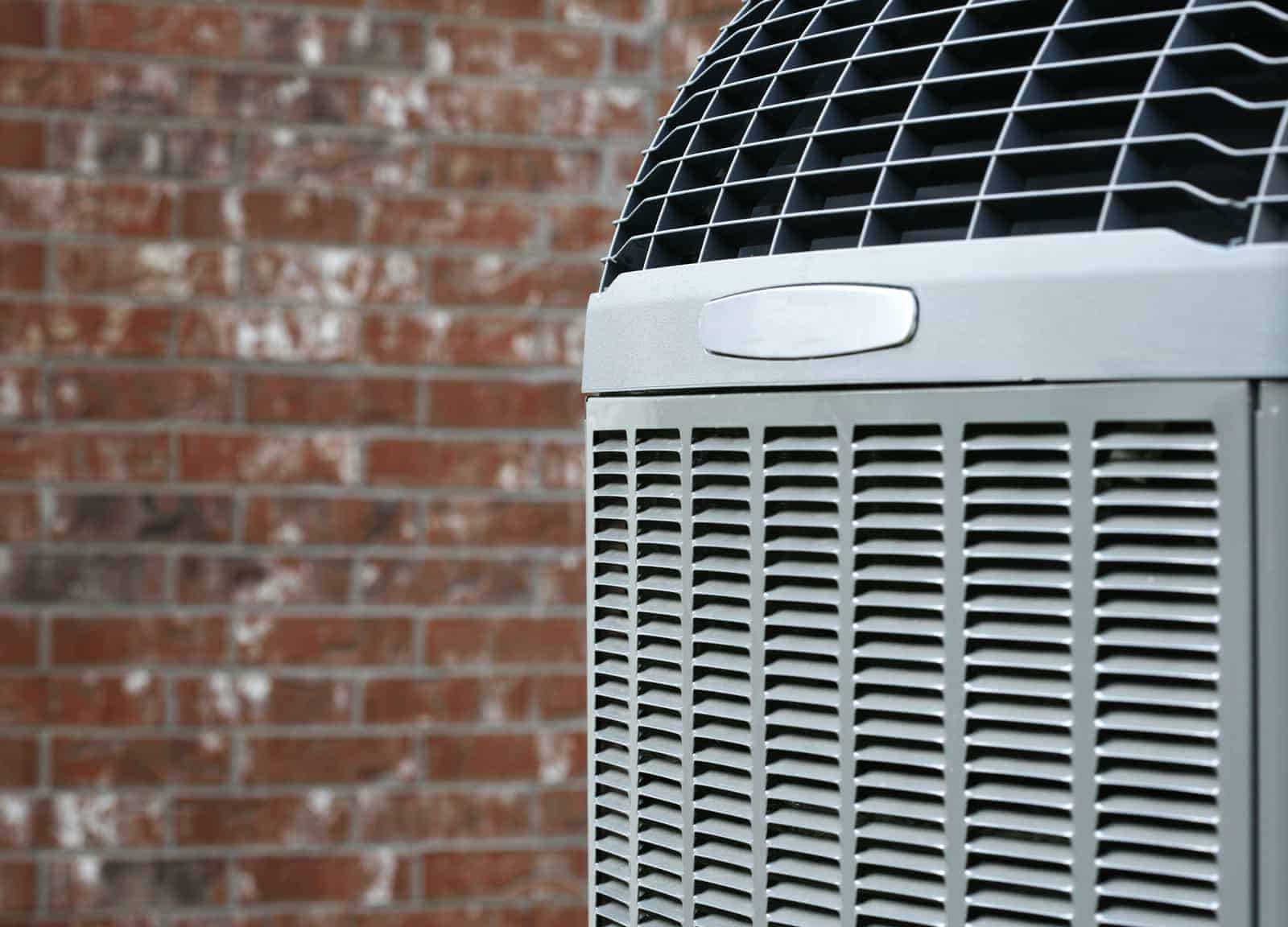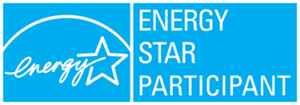Looking at the most frequently asked questions about home humidity levels, air temperature, and the ideal moisture level in your home when operating a central air conditioner in the summer. Lower energy costs, increase efficiency and overall comfort with these three easy strategies as you dehumidify your home while your A/C is running.
How long does it take to remove humidity from the home?
Short answer: For indoor comfort you ideally want the humidity to be below 60%. To reach this range it depends on a variety of factors such as; the size of your house, the size of your air conditioner, the efficiency of your home etc. Generally speaking you should notice a difference in temperature within 30 minutes to an hour.
What is humidity and what does it have to do with air temperature?
Humidity is the amount of water that is in the atmosphere (air). The water vapor absorbs the heat causing the air temperature to feel warmer than what the actual temperature is. When you remove the water from the air you will notice a difference in temperature making it feel much cooler.
When the outdoor humidity is high it seeps into the home from open doors and windows, cracks in the building structure, vents and other ways that are natural to help a house keep properly ventilated. If the humidity is very high it can make the air conditioner work much harder than average and make it take longer to adjust and bring the temperature and humidity levels down.
Your air conditioner may not be able to do the job if it is older, the wrong size for your home, or overall inefficient. Other factors may include your home needing air sealing, upgraded insulation or other various reasons.
How do you know if there is too much moisture in the air?
When it is very humid you tend to be able to feel the moisture on your skin. The air will feel moist and feel thicker when you breath. You may sense that areas feel damp or musty in the home. Moisture will spread across the windows causing them to fog.
Long term moisture in the home can lead to health problems as it is a breeding ground for mold, mildew, and fungi. Potentially causing allergic reactions, respiratory problems and uninvited guests in the home such as various slugs and insects.
Can you limit how hard your air conditioner is working to dehumidify the air in your home?
To limit how hard your air conditioner is working to dehumidify the air try the following:
- Set your thermostat to the “fan auto” position.
- Use less energy by keeping the fan running the least amount of time at the slowest speeds
- Your filter will last longer and not get clogged so quickly
- If left in the “fan on” position the fan will circulate the air with the cooling system not running and the air will be recirculated without having any moisture removed.
- Use exhaust fans when available: While cooking or using the shower, etc. moisture is produced in the home. Whenever available use the exhaust fan to get rid of the moisture as quickly as possible.
- Avoid using the clothes dryer if it is not exhausted directly outdoors
- Try to hang your clothes outdoors to dry
Your home may feel warmer if the extra moisture is not being properly removed. This can cause the system to work harder, longer, less efficiently and add wear and tear to the unit. Overall, not achieving the ideal indoor temperature and wasting energy, causing higher utility bills.
What is a dehumidifier?
Dehumidifiers are a separate unit which can be attached to your furnace. Small standalone units can also be purchased to dehumidify a particular room or an area like the basement or crawl space. Their main purpose is to remove the moisture from the air. This is achieved by pulling the air into the system, cooling it down so that moisture condenses out, draining the water into a bucket or draining system before the air goes back into circulation. Units that attach to the furnace will remove the moisture from the air before it circulates through the home. Separate individual units will pull the air out of the room it is in.
What if it is not extremely hot out and there’s still a lot of moisture in the air?
There are a few reasons that your air conditioner is not working correctly that may need looked at. Some of the potential problems are:
- Low refrigerant levels (Most commonly occurs when there is a leak)
- In need of a new air filter
- Incorrect size of AC for your home
- Leaky ductwork
- Ductwork that is not the right size or not installed properly
- Return register blocked by furniture
If you have checked the air filter and there is still a problem, it is best if you call a professional to make sure it is working correctly.
Is anything missing from this article? Do you have a question you’d like us to answer? Let us know in the comments!



